ArcelorMittal publishes concept for global low-carbon emissions physical steel standard
Green Car Congress
JUNE 22, 2022
ArcelorMittal published a concept for a low-carbon emissions steel standard to help incentivize the decarbonization of steelmaking globally and support the creation of market demand for physical steel products which would be classified as lower, and ultimately near-zero, carbon emissions steel.

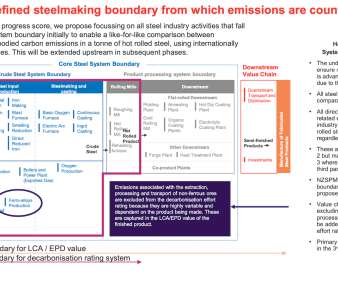
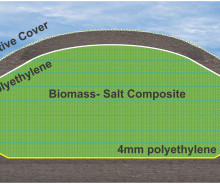





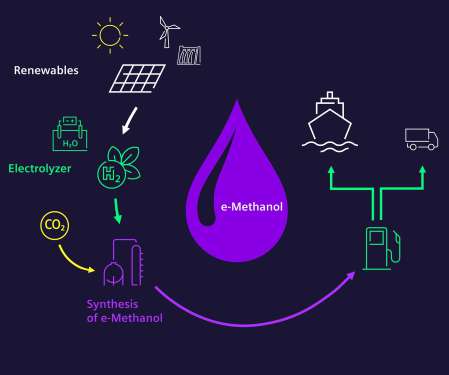

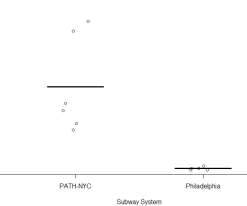


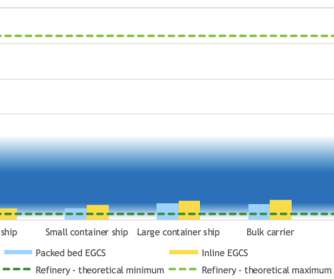













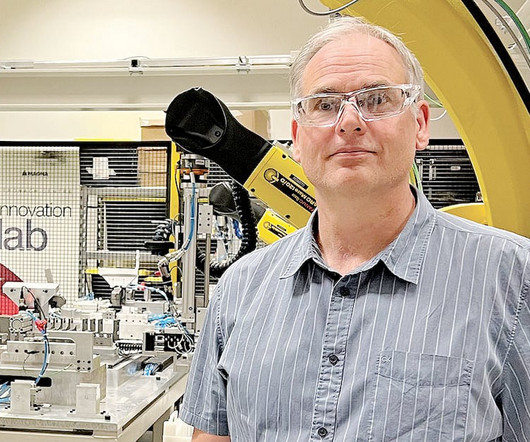
















Let's personalize your content